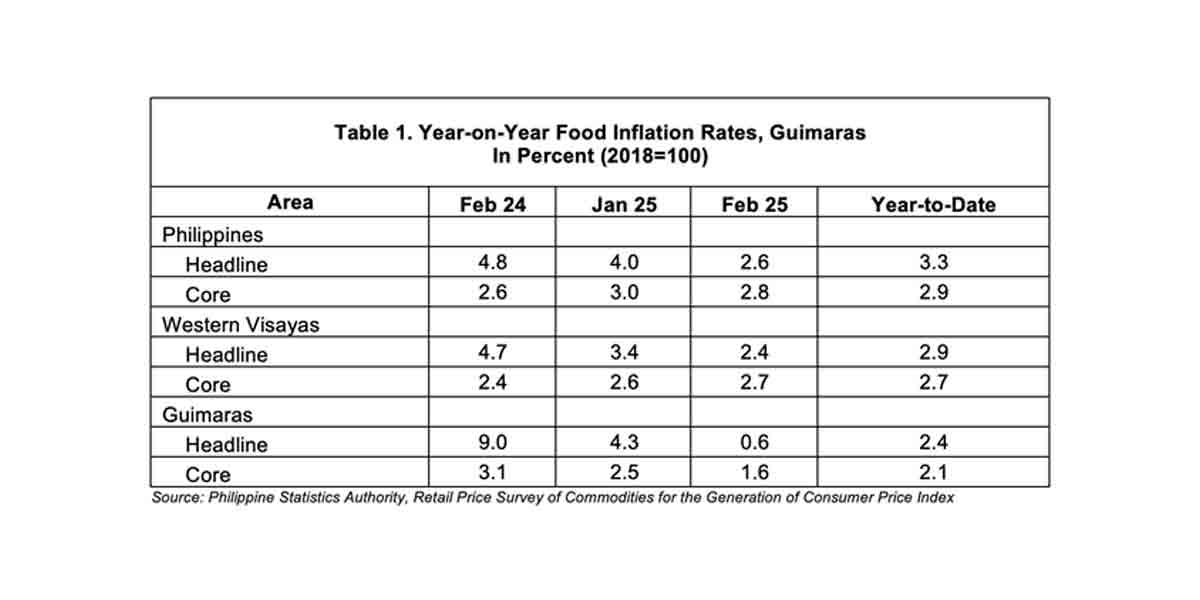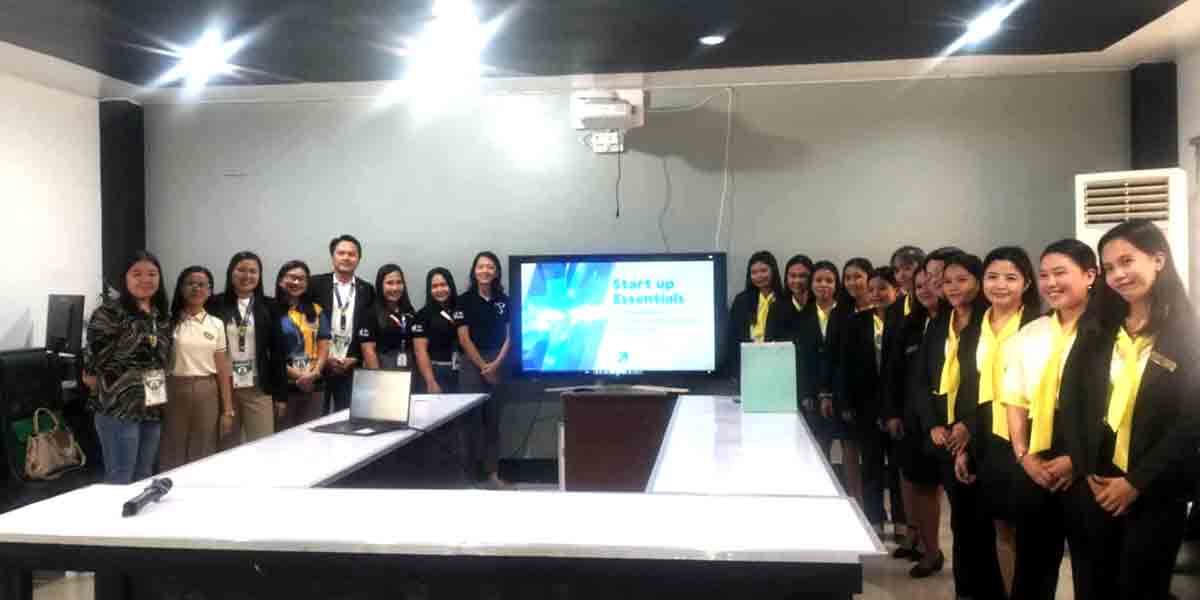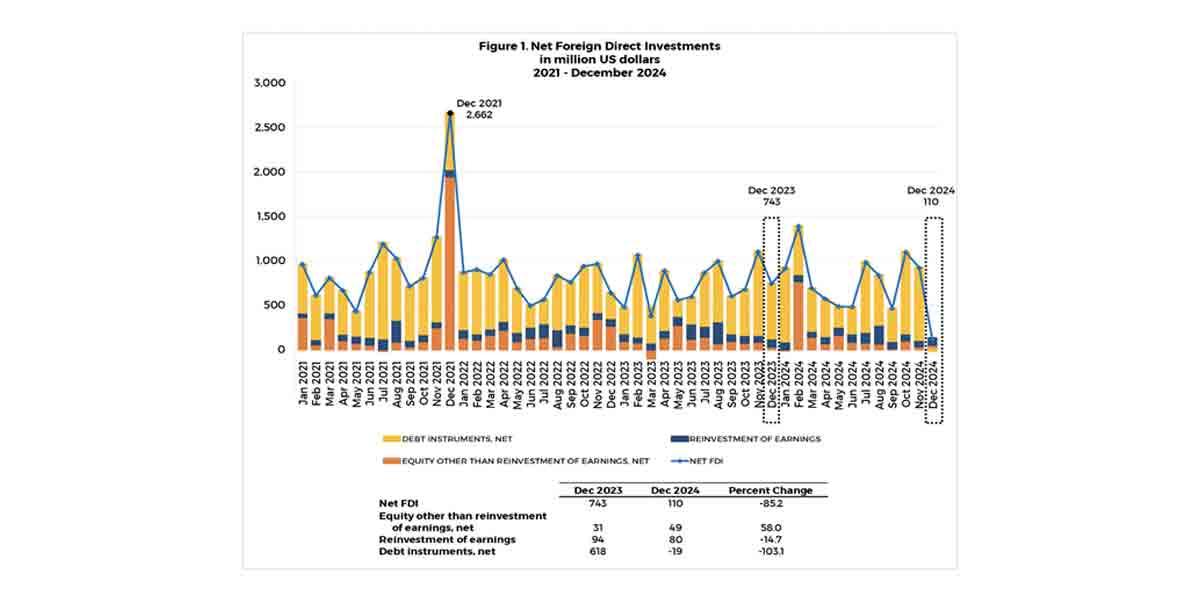By Herman M. Lagon
ONE MIGHT assume that common sense is common. After all, is not common sense simply the application of our accumulated knowledge and life experiences in practical ways? We have all heard someone exclaim, “That’s just common sense!” when faced with an obvious blunder. But is common sense truly as common as it sounds?
Common sense is not a one-size-fits-all concept. It is a dynamic, ever-evolving attribute that varies from person to person. Each of us possesses a unique blend of knowledge and experiences, making our common sense anything but common. When a team or its leaders brush off a problem with a casual, “That’s just common sense,” they often miss the opportunity to identify and address its underlying causes thoroughly.
True common sense is the ability to question the status quo, challenge procedures, and norms, and trust our instincts over blind adherence to social conventions. It is an innate judgment that transcends mere knowledge, often called discernment, sound judgment, or gumption.
Interestingly, common sense is closely linked to maturity, but not the kind measured by an IQ test. The elusive Emotional Intelligence (EQ), Cultural Intelligence (CI), Creativity Quotient (CQ), Social Intelligence (SI), and Adversity Quotient (AQ) genuinely matter. Intelligence alone does not guarantee common sense; the fusion of common sense, connection, interaction, contextualization, and reason leads to sound decision-making. Sadly, in a world where misinformation runs rampant, making informed decisions can be a Herculean task.
So, where does common sense originate? Some argue that it is a product of childhood, a blend of nature and nurture. Some individuals seem born with a natural awareness, observing their surroundings keenly from infancy. Parents and caregivers who exhibit common sense can help nurture this attribute in children. But those who grow up without such role models might find themselves lacking common sense as adults.
The consequences of lacking common sense can be observed everywhere. From the person who invades your personal space in a queue to the dog owner who allows their pet to jump on strangers, from the hooligan who votes for a corrupt politician and still expects good governance to a parent who spoils his child as an expression of care, from the wife who continues to seek solace from an abusive husband to a student who expects to get 1.0 grade without lifting a finger, the world is replete with instances of common sense deficiency. On the other hand, those who possess it are a joy to be around. They navigate social situations with grace and consideration.
Common sense also extends to understanding and respecting different cultures. When traveling or interacting with people from diverse backgrounds, embracing their customs and norms is common sense. For instance, staying on the right side when walking or driving is a common-sense courtesy in our country.
Furthermore, parents should heed the call of common sense when their children act out in public. While children will be children, common sense dictates that if a child’s behavior disrupts others, it is time to remove them from the situation or reconsider bringing them along in the first place.
Common sense is also about troubleshooting. Before declaring something “broken,” it is prudent to invest a few moments in investigating the issue. A simple light bulb replacement or computer reboot may be all that is needed.
In essence, common sense permeates our daily lives in myriad ways. It is the unsung hero of social harmony, the silent mediator between individuals’ unique perspectives. However, as our world undergoes continuous transformations, common sense must adapt and expand. The digital age, marked by the third Big Bang of technology, presents new challenges and opportunities for common sense to flourish or falter.
Common sense is more essential than ever in this brave new world of cyberspace, where the rules are still being written. As we grapple with the complexities of online interactions, distinguishing truth from falsehood becomes a daily endeavor. Understanding the various forms of truth across different realities—physical, psychological, and artificial—is paramount.
Physical reality, with its fixed laws of physics, guides our interactions with the material world. Psychological reality, driven by the intricate workings of our neurons, shapes our perceptions and interpretations. Meanwhile, artificial reality, a product of technology and the digital age introduces a new layer of truth in transformation.
To teach common sense effectively, we must recognize that it is not a one-size-fits-all proposition. Instead, it is about imparting common knowledge derived from the scientific method. Whether we teach road safety in the physical realm, stranger danger in the psychological realm, or online etiquette in the artificial realm, common sense stems from scientifically validated principles.
In our increasingly complex world, the boundaries between these realities blur, challenging our ability to discern truth. Common sense becomes a crucial tool for navigating this multifaceted terrain.
As we reflect on the intricate nature of common sense, we must acknowledge that it is not a fixed entity but a dynamic force shaped by our evolving understanding of reality. In our pursuit of common sense, let us foster awareness, embrace diversity, and adapt to the ever-changing landscapes of our existence.
***
Doc H fondly describes himself as a ‘student of and for life’ who, like many others, aspires to a life-giving and why-driven world that is grounded in social justice and the pursuit of happiness. His views herewith do not necessarily reflect those of the institutions he is employed or connected with.
















